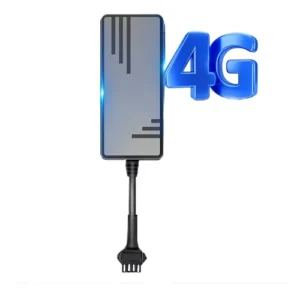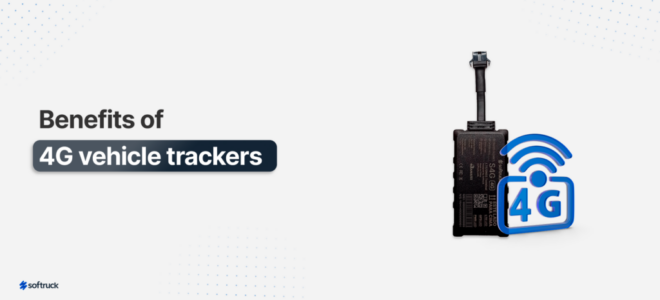Benefits of 4G Vehicle Trackers
The advancement of technology has significantly transformed the vehicle tracking sector, especially with the introduction of 4G trackers. With the growing demand for security and efficiency, 4G vehicle trackers emerge as a robust and modern solution. In this article, we will explore the main benefits of 4G trackers, comparing them with 2G devices and highlighting their importance in the current context.

Benefits of 4G Trackers
- Superior Connectivity: 4G vehicle trackers offer much faster and more stable connectivity compared to 2G devices. The 4G technology allows for more efficient data transmission, ensuring that vehicle location information is updated in real-time. This is essential for companies that rely on vehicle tracking to manage fleets and optimize routes.
- Expanded Coverage: Another significant advantage of 4G trackers is their expanded coverage. In dense urban areas, where the 4G network is more prevalent, 4G devices offer superior performance. However, it’s important to note that in rural regions, 2G may still perform better, as there are more antennas of this type in these areas. This can provide more stable reception in certain rural locations.
- Real-time Updates: 4G trackers provide real-time updates, which are crucial for the safety and efficient management of vehicles. In cases of theft, the ability to track the vehicle immediately can make all the difference. Additionally, continuous updates allow for monitoring driver behavior, helping to identify unsafe driving practices.
- Reduction of Operational Costs: The efficiency of 4G vehicle trackers can contribute to reducing operational costs. With the ability to monitor vehicle performance and optimize routes, companies can save on fuel and maintenance. Additionally, the prevention of theft and the quick recovery of stolen vehicles can result in significant savings.

4G vs. 2G Comparison
- Data Speed: One of the most striking differences between 4G and 2G trackers is data speed. While 2G devices operate with a limited data rate, 4G trackers offer significantly higher connection speeds, allowing for faster and more efficient data transmission. This is essential for applications that require real-time information.
- Technology Longevity: With the gradual shutdown of 2G networks in various regions, investing in 4G trackers is a strategic decision to ensure the longevity and future compatibility of tracking systems. 4G technology not only offers better performance now but also ensures that devices remain operational as 2G networks become obsolete.
- Support for Multiple Applications: 4G trackers have an expanded capacity to support multiple simultaneous applications. This means that, in addition to vehicle tracking, they can integrate other functionalities such as vehicle diagnostics, fuel monitoring, and advanced telemetry. However, it’s important to note that the 2G network can also support multiple applications, although with limitations in terms of speed and efficiency.
Softruck: Sophisticated Solutions
Softruck stands out in the vehicle tracking market, not only for its advanced management software but also for its ability to seamlessly integrate with various tracking hardware, including 4G devices. Our software offers a centralized platform that facilitates fleet management, route optimization, and real-time monitoring.
With Softruck, companies can ensure that operational efficiency and vehicle safety are always optimized.
Talk to our specialists and discover all our solutions.
Conclusion
4G trackers represent a significant evolution in the vehicle tracking market. With improvements in connectivity, coverage, and data speed, these devices offer clear advantages over 2G trackers. Companies that invest in 4G technology are well-positioned to enjoy superior operational efficiency and enhanced vehicle security. The transition to 4G trackers is not just a technological upgrade but a crucial strategy for the future of fleet management and vehicle tracking.

